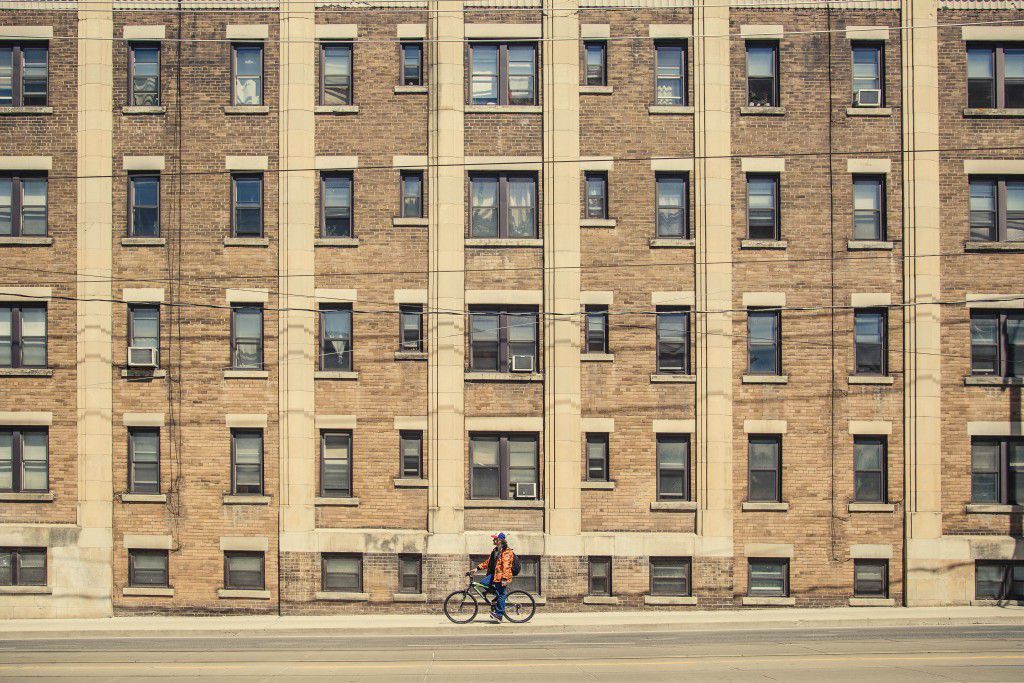Prevent Moisture
Anyone working as a building maintenance professional at a rental property needs to prevent and eliminate mold growth on surfaces to protect the health of their tenants. Once mold starts to grow on walls or insulation in an apartment building, it begins to take away from the value of the structure, making it difficult to lease apartments to new tenants. Mold spores are on many surfaces in a room but remain inert until there is enough moisture to proliferate. The most important thing to do to prevent mold from growing into large colonies is ensure that surfaces in apartments are as dry as possible.
Frequent Cleaning
Many people do not understand how dangerous mold is to their health, but it leads to allergic reactions such as itchy skin or watery eyes. Mold spores are located on porous surfaces such as drywall and carpeting. Apartment managers can help to prevent mold in buildings by cleaning common areas such as hallways and entranceways frequently to remove spores. The best cleaning involves vacuuming and mopping floors, but other areas such as windows and walls require sanitizing. Because mold tends to grow near moisture, custodians should check for water spots on walls that indicate moisture is entering from outside.
Apartment Inspections
When renting apartments to tenants, apartment managers should have a lease that states building maintenance routinely inspects each unit. By inspecting apartments every few months, it is easy to find small leaks in water pipes or around windows that feed mold spores. A regular apartment inspection by management also encourages tenants to keep their apartments free of clutter that collects mold spores. When tenants leave items such as damp towels and clothing lying in piles on the floors and against walls, mold begins to grow in hidden areas. Signs of mold in apartments might include a musty odor caused by mildew in unventilated areas.
Reduce Humidity
Important areas to look for mold are underneath sinks, near bathtubs or on windowsills. One of the easiest ways to prevent mold from growing in apartments is making sure that repairs are made quickly when a tenant makes a request. If a tenant reports that a water heater is leaking in their home, then an apartment manager should have the item fixed quickly to prevent moisture on surfaces. Plumbing equipment is not the only thing that can cause mold to grow in apartments. Faulty air-conditioning and heating systems can increase humidity levels in a rental unit, making a perfect environment for mold spores.
Mold Analysis
Building maintenance employees are responsible for reporting mold to authorities when it is required in their geographic areas. We asked Sunshine Coast building maintenance company Asset Maintenance, and they assured us that the prevention of mold is definitely the responsibility of the building owner, and in turn that of the people doing maintenance. There are species of mold that are extremely dangerous, leading to needing a professional analysis before performing a cleanup in an apartment. If mold growth is severe, tenants may need to leave the unit until it is returned to a livable condition. Anyone cleaning the unit may need to wear breathing apparatus and safety clothing to prevent exposure to dangerous spores. To prevent this type of situation from occurring, apartment managers must inspect and clean surfaces on the interior and exterior of buildings that contain rental units.
Sarah is a small business owner, and is currently learning about pest control, using the internet. Aside from working on her own business, she likes to use social media, and read travel books.

